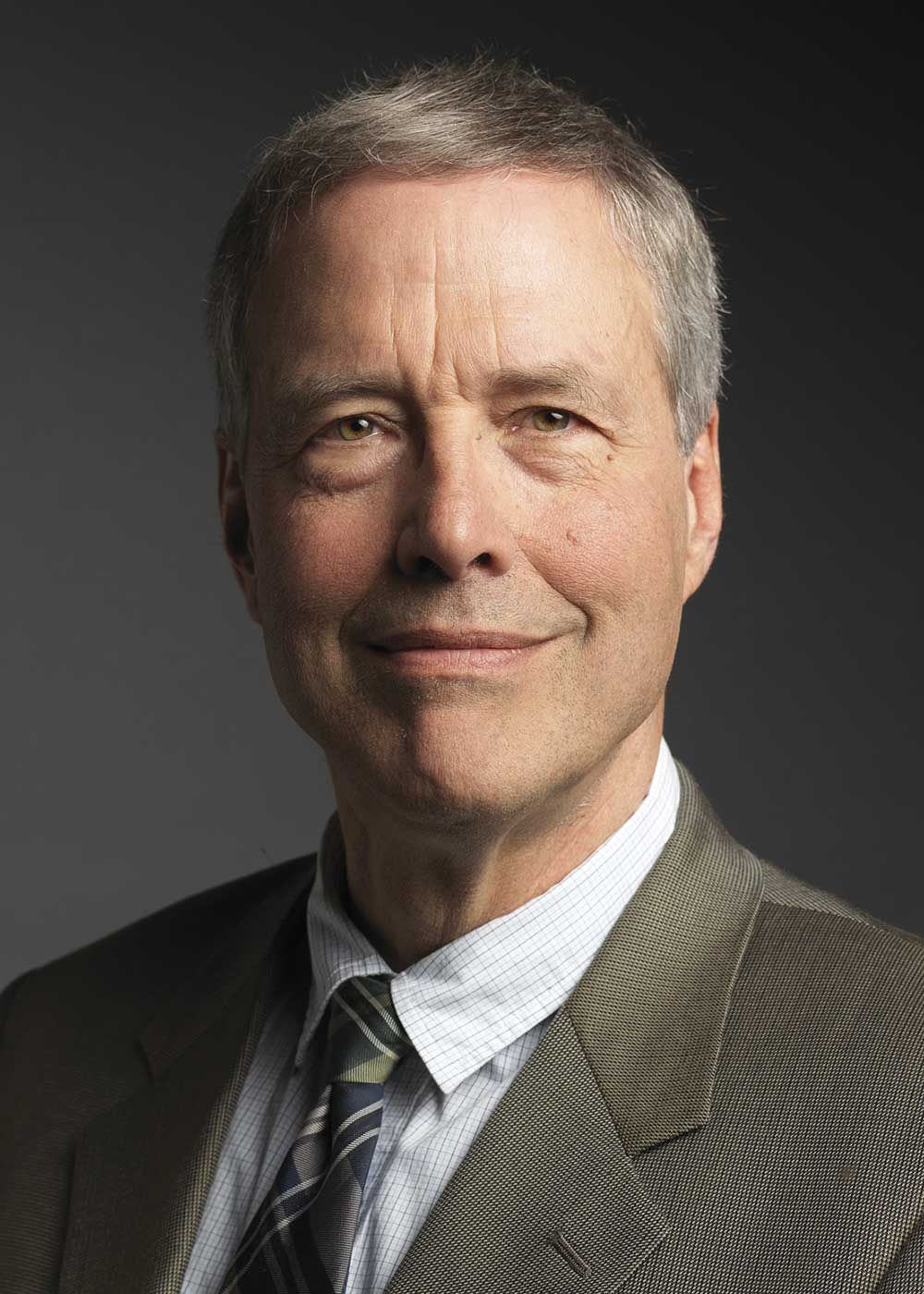I wasn’t going to respond to your latest post, about the parochialism of academe (http://assets.reformedjournal.com/jessica-bratt/2014/2/24/doctoral-student-dispatches-part-1.html#comments), figuring that I’d let those who don’t share our surname speak to the issue. But your words have come to mind in the reading I’ve done this week, both that for professional purposes and the stuff of personal interest. I’ve been struck again and again how much those two domains—professional and personal—overlap, and I think that overlap speaks directly to the complaint by Nicholas Kristof that triggered your reflections in the first place. So here’s the first of my two cents on the issue. I’ll drop the other penny next time.
My bottom-line response is, “Pay your dues and use your guild to make your life.” Paying your dues means laboring through the grad seminars and dissertation and early career publishing to establish the credentials that earn you a settled job and lend some authority to what you have to say. This is the process of proving to your peers that you can meet the standards of your profession. Is it alienated labor? A lot of it can be. But some of our chafing at this stage might reflect our insecurity and resentment at being so vulnerable to the judgments of people with power over our future, indeed our very identity. Being some years out of college and still penniless, earning the dirt wages of the TA, and totally dependent on the goodwill of those enigmatic brains on one’s committee—well, it’s nowhere a self-respecting self wants to be.
The key in this whole process is to keep your identity separate from the game of guild-credentialing. It’s an important game, even a worthy game, but it’s not you. It doesn’t define your larger purposes, the reasons you’re playing the game. As you play it you have to keep cultivating another self, a broader, deeper thinker, and imagine a longer track for a more significant race. In this it’s crucial to have another community of reference than your department or university. A church, for example. That was important to me. So was an intramural team of fellow graduate students. The AmStuds we were, playing the IT weenies and PoliSci machos and sundry other academic tribes. Church sounded the sublime, sports the ridiculous, but both were alternative frames of meaning that helped keep seminars and dissertating in the right perspective.
One payoff of cultivating a different identity, playing a deeper game, is that it can elevate you above some of the defects Kristof sees in academia. Plenty of observers retorted to his column that as many academics function as public intellectuals in our day as in the era he nostalgically recalls. Further, that they cultivate a prose style very different from the turgid jargon he complains about. (Two interjections at this point. First, as Tom Ackerman notes in commenting on your post, the prose of experts has to be more complex and detailed than the snappy simplicities that grab attention in a milieu where attention-spans have shrunk. What we write for general readers demands some work from said readers, meaning we’re not going to command the celebrity of those who work well in 140 characters. Never mind, that junk quickly passes. Second, the very outlets Kristof commends—Twitter and Facebook and insta-blogs—in themselves dilute the command of the public intellectual that he remembers. So many avenues, so much possibility for the operation of Gresham’s Law—the cheap driving out the dear—means that the age of Lippmann and Niebuhr and Friedan is gone for good.)
Still, think long term and higher purpose despite the real challenges that poses amid the exigencies of grad school. An effective game to that end is to regard yourself as a translator. Practice recasting all that discourse into plain English for ordinary people who might care, and care deeply, about the ethical or political or pedagogical point M. Discourse is trying to make. Which forces you to the important interpretive task, for yourself, of deciphering what that point is and whether it’s worth making, and/or whether, having been made, it’s true. That critical work will also stand you in good stead next seminar session. More, in the process of translation and evaluation, you’ll come to see more clearly what is the larger point you’d like to make once you have the latitude to do so. Chances are you can’t say that in advance, that you’ll learn it in process of dialogue, also with M. Discourse.
So the French gentleman does have his uses, even if you wouldn’t like to date him. But here I’m stepping onto your parents’ turf, so we’ll let it go for now. Next time: finding notable voices in your field worth emulating, and reflecting on how very long it took them to get it done. Advance reading: a review of the career-culminating work of one of my mentors, David Brion Davis. First volume of his trilogy on the history of slavery appeared in 1967, last volume this year. Changed his field, indeed all of American history-writing: http://www.nybooks.com/articles/archives/2014/mar/20/scholar-who-shaped-history/?insrc=hpss.
Till next time.

